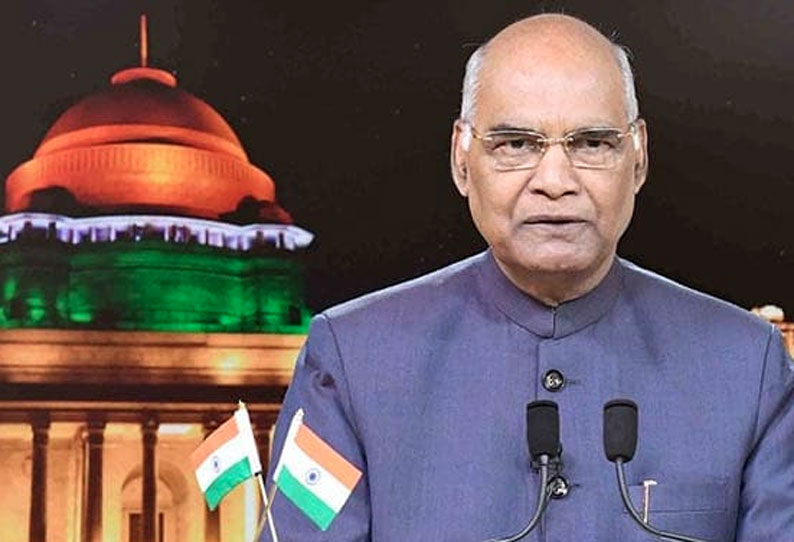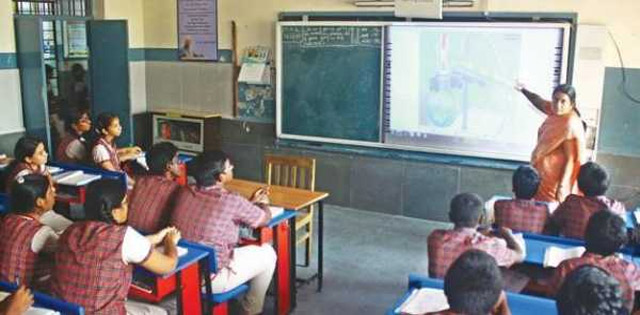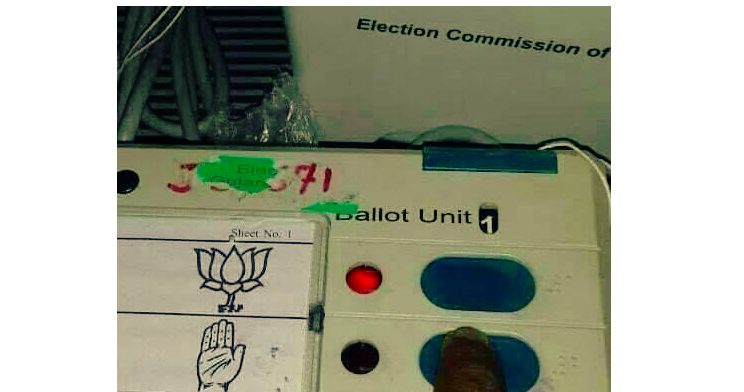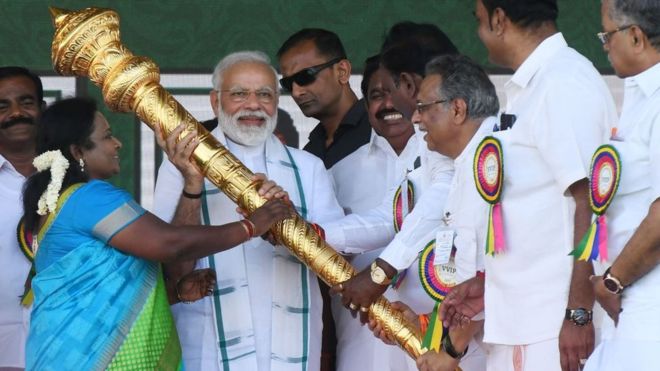The 10% quota for Upper-caste (UC ) economically weaker sections in government jobs and higher educational institutions, including in the private sector, is the law of the land from now on with President Ram Nath Kovind on Saturday giving his assent.
As the amendment to the Constitution was passed in Parliament related to fundamental rights, there was no need for sending it to State Assemblies for ratification. Only, the President’s assent is needed for such Constitution Amendment Bills.
According to the Constitution (103rd Amendment) Act 2019, 10% quota has been given to UC economically weaker sections of citizens in admission to educational institutions including “private educational institutions, whether aided or unaided by the State, other than the minority educational institutions”.
It also provides for the reservation of appointments or posts in favour of any economically weaker sections of citizens in addition to the existing reservation and subject to a maximum of 10% of the posts. The Act has amended Article 15 and 16 to include these changes.
Several Opposition parties have also expressed doubt whether the new law will stand judicial scrutiny as the Supreme Court had in Mandal Commission case set a cap of 50% in quota. Also few states in India almost reached 70% cap that is Tamilnadu had 69% Quota and Maharastra recently enhanced to 68% Quota.
However, the government argues that they have amended the Constitution and that the cap was for caste-based reservation, though there are apprehensions from a section that this move may go against the basic structure concept of Constitution.
After the Union Cabinet cleared the Bill on Monday, it was introduced in Lok Sabha on Tuesday and passed on the same day with an overwhelming majority (319-4). The Rajya Sabha passed it on Wednesday (171-7).
While there was broad support for the Bill, parties like RJD, DMK, AIMIM and Muslim League voted against it while AIADMK, AAP and CPI walked out.
Soon after Parliament cleared the Bill, an anti-quota group ‘Youth for Equality’ approached the Supreme Court challenging the law.









